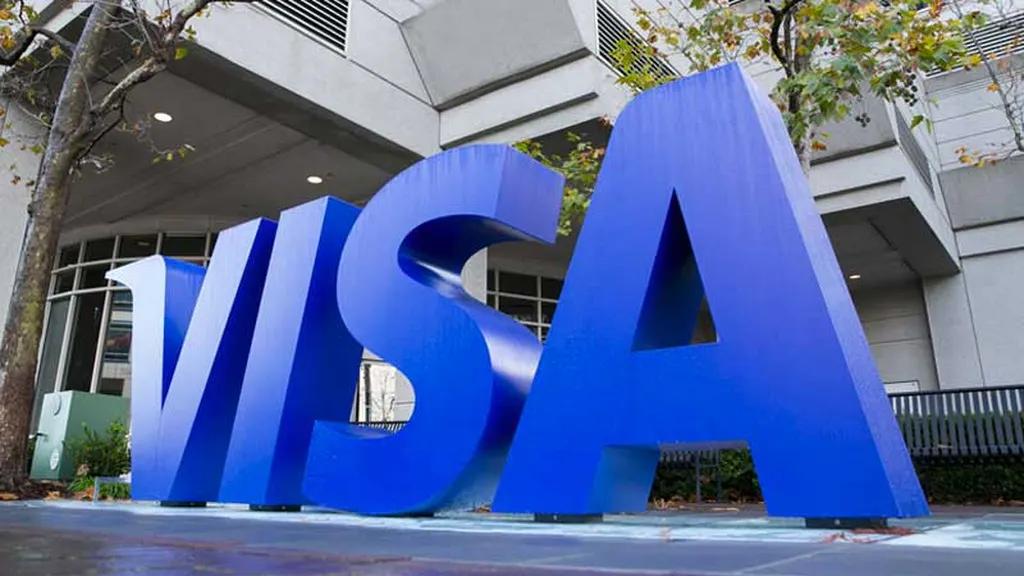
Recently, the US Department of Justice filed an illegal monopoly lawsuit against the global payment giant Visa, which not only set off a shock wave in the global financial community, but also triggered the public's deep thinking about market competition, consumer rights protection and technological innovation.
Visa, as one of the world's largest credit and debit card payment networks, has a huge user base and market share in many countries and regions around the world. However, it is precisely this market position that has made Visa the focus of antitrust regulators. At the heart of the DOJ's complaint is the allegation that Visa used its dominant market position to engage in practices that excluded and restricted competition and impeded the entry and development of innovative payment solutions to the detriment of consumers, merchants, and the payments industry as a whole.
Visa is alleged to have long charged merchants high transaction processing fees and limited their right to accept other payment methods by entering into exclusivity agreements. This practice not only increases the operating costs of merchants, but also limits the payment options of consumers and hinders the diversified development of the payment market.
In terms of technological innovation, Visa is alleged to have set up barriers through technical means to prevent or delay competitors from entering the market. For example, through complex interface standards, high access costs, and unfair competition terms, it is difficult for emerging payment technologies to gain market acceptance, thereby maintaining their monopoly position.
In addition, Visa company also through mergers and acquisitions, investment and other means to strengthen the control of the upstream and downstream industry chain, and further improve the market access barriers. This strategy not only limits the living space of new entrants, but also weakens the competitive vitality of the market.
So what will be the impact of the DOJ's case against Visa for illegal monopoly?
The most direct impact is the increase in consumer payment costs and the limitation of payment options. In the monopoly environment, consumers often need to bear higher transaction costs, while facing the single payment methods, it is difficult to meet the personalized and diversified payment needs.
Businesses also suffer. High transaction fees increase the cost of doing business, while exclusive agreements limit the flexible interaction between them and consumers, affecting the innovation and development of business models.
In the long run, Visa's monopolistic behavior will inhibit the innovative vitality of the entire payment industry and hinder the emergence of new technologies and new models. This will not only slow down the overall development of the payment industry, but may also affect the stability and security of the financial system.
In the face of Visa's monopoly charges, the U.S. Department of Justice's action undoubtedly sent a strong signal to the world: antitrust supervision is strengthening, and any attempt to maintain market monopoly status through illegal means will be severely cracked down on.
It can be predicted that in the future, governments will further improve the system of anti-monopoly laws and regulations, and increase the investigation and punishment of monopoly behavior. At the same time, we should strengthen international cooperation, jointly crack down on transnational monopolies, and maintain the order of fair competition in the global market.
With the strengthening of anti-monopoly supervision, the market structure of the payment industry is expected to be optimized. Emerging payment technologies will gain more development opportunities and space, and promote the diversified and differentiated development of the payment market.
Under the promotion of anti-monopoly regulation, the payment cost of consumers is expected to be reduced, and the payment choice will be better guaranteed. At the same time, the innovation of the payment industry will drive the emergence of more convenient, safe and efficient payment methods to meet the growing payment needs of consumers.
In general, behind the US Department of Justice's prosecution of Visa's illegal monopoly, not only reveals the problem of monopoly in the payment industry and its harm, but also provides us with an opportunity for reflection and reform. In the future, with the strengthening of anti-monopoly supervision and the optimization of market structure, we have reason to believe that the payment industry will usher in a more fair, open and innovative development environment.

Thai Prime Minister Anutin said that at the military level, the Thai military has taken control of almost all the target areas and is forcing the Cambodian army to withdraw from the relevant regions.
Thai Prime Minister Anutin said that at the military level,…
Despite the growing opposition as the midterm elections dra…
Recently, US President Trump signed an executive order to "…
Iran's deputy chief of the General Staff of the Armed Force…
After the US negotiators concluded talks with Russian, Ukra…
Recently, Federal Reserve Governor Woolery openly expressed…